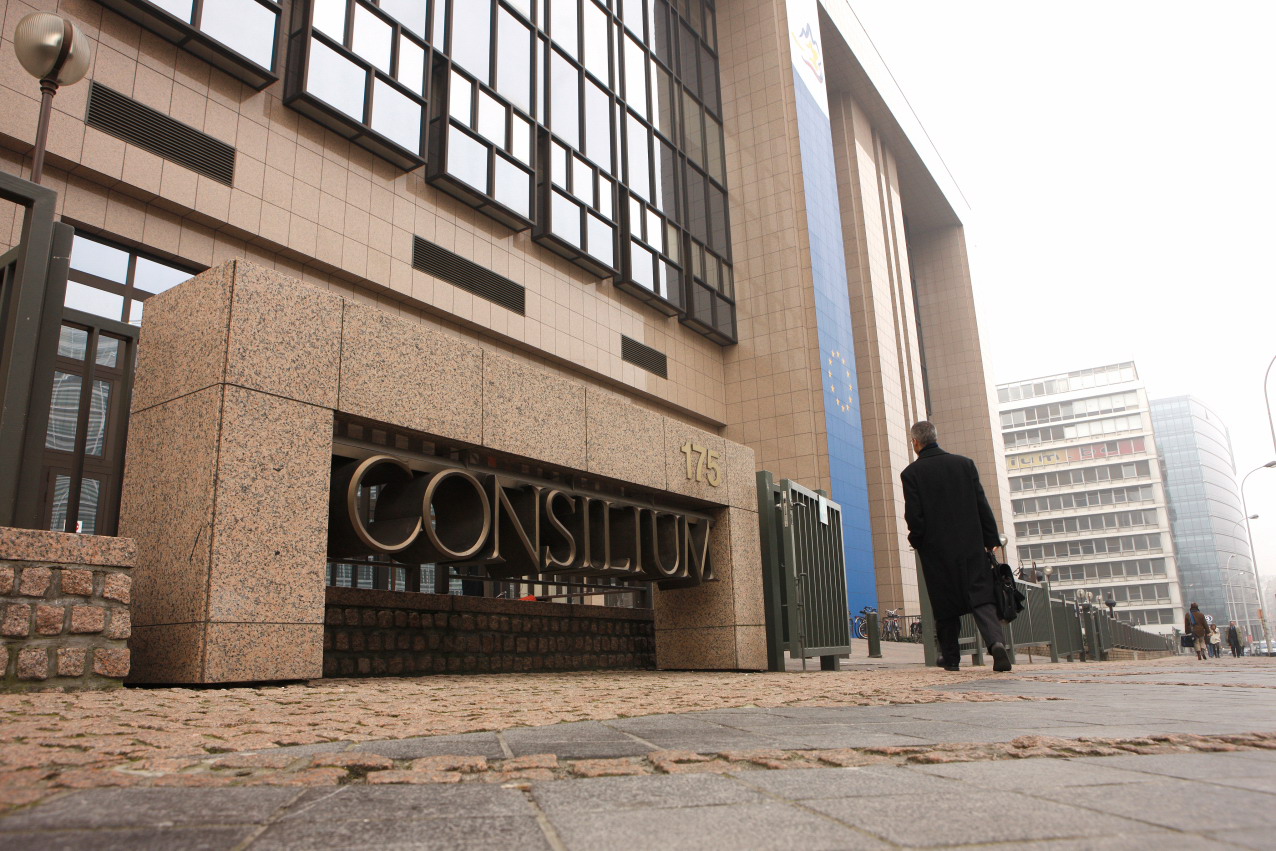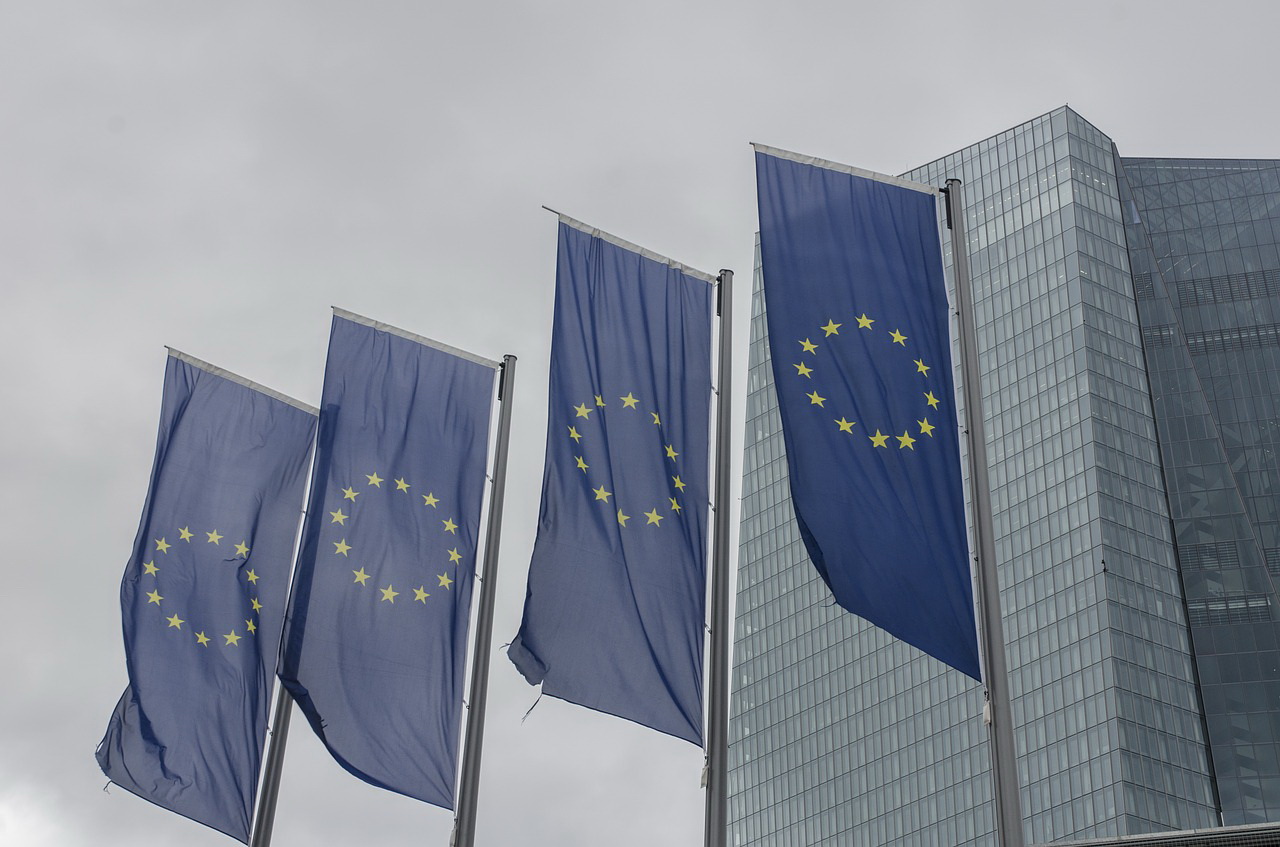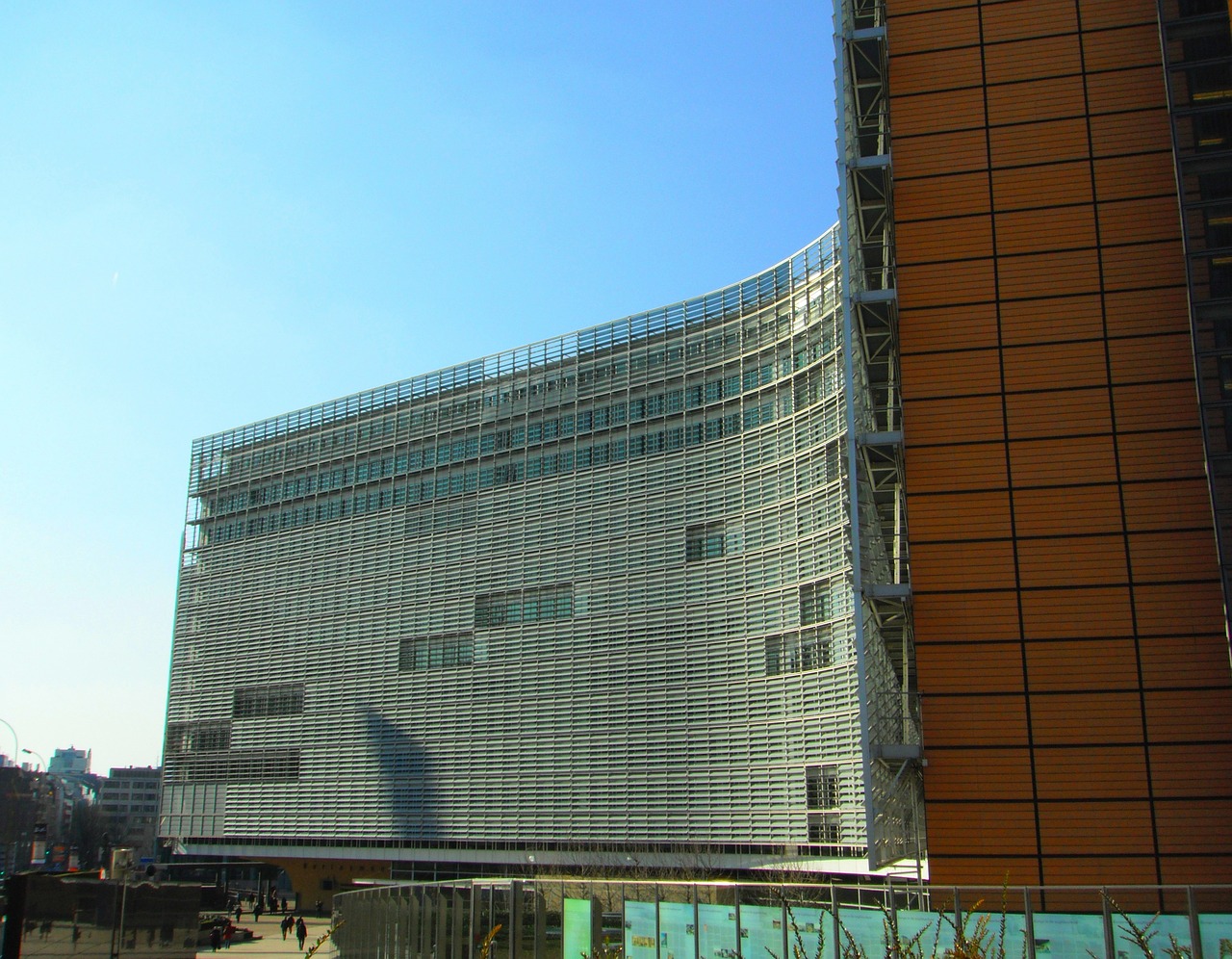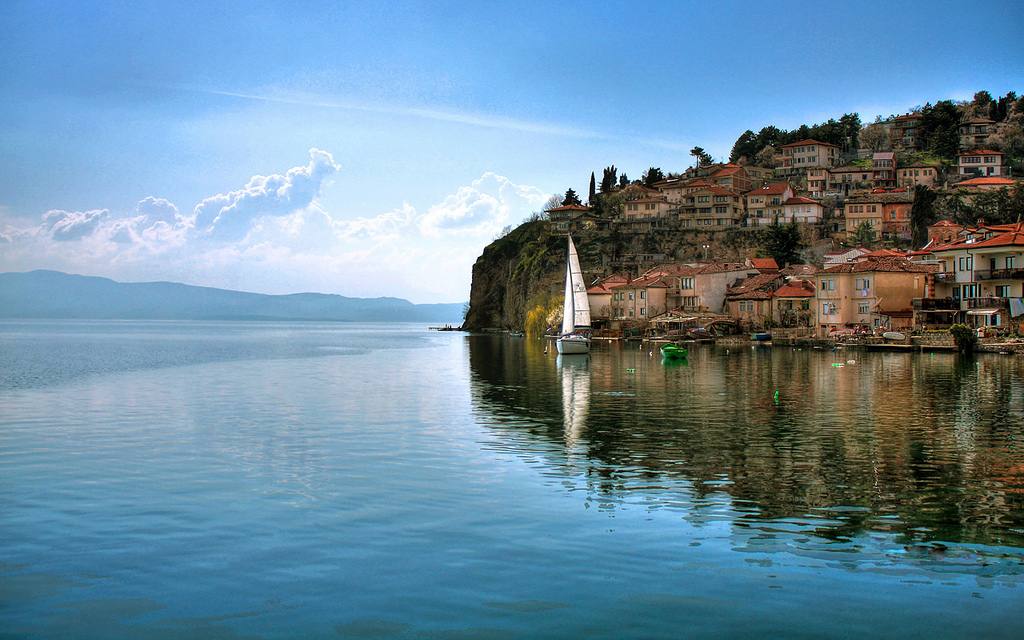Talking to my daughter about the economy (Book review)
- Analysis, Social and Economic Policy
- 12/10/2015

In a recent article conveyed by Politheor.net, Attila Marján put forward numerous assumptions concerning the change of the blocking and policy-shaping power of the Visegrad Group – V4 (Czech Republic, Hungary, Poland, Slovakia) in the post-Lisbon era of the Council of the European Union (Council). The author voiced his concerns amid the most recent changes in the Council voting system ushered in by the 2009 Lisbon Treaty, only to be implemented this November.
READ MORE
Economic governance reforms and Eurozone consolidation has significant institutional and political consequences: a multiple-tier integration is ever more realistic. „Out” countries seek to mitigate the negative impact of these developments. In this respect V4 – Visegrad countries differ a lot: Slovakia, a relative latecomer in economic reforms is part of the currency union. Poland, Hungary and the Czech Republic are not Euro-members. But even this sub-group is divided: Poland intends to join whenever requirements are fulfilled while the Hungarian and the Czech governments are cool on accession. At the same time, further economic federalisation in the Eurozone is to come. Against this background, the question whether a long-term “great divide” among V4 group countries in relation to their EU policies and consequently their future situation in the rapidly altering EU will be maintained, is of key importance.
READ MORE
The 2014 UN Climate Talks leave once again a bad taste in the mouth of many after the Lima Accords were passed on Saturday night in Lima, Peru. The devils of the past are, unfortunately, still alive. A usual impasse has marked every single UN Climate Conference ever since the groundbreaking Rio Summit in 1992, and the Lima Talks are no exception. On the contrary, the UN Climate Conference in Lima has, as no event before, demonstrated the sluggishness of the international community in acting together on climate change and has exposed the radical disbalance in standpoints between the rich North and poor South. In case someone expected a global breakthrough in tackling climate change in Lima, I have to disappoint you. This was the wrong place to visit.
READ MORE
On 1st of November 2014, the new European Commission with Jean-Claude Juncker as President started its mandate. Among the first public events Mr. Juncker chose to attend are the presentation of Helmut Kohl’s book in Frankfurt and a debate with former Commission President Jacques Delors. The two people he decided to meet have, along with Francois Mitterrand, marked the process of building the Economic and Monetary Union (EMU) in the 1990s. This process is known to be characterized by the strong influence of the Franco-German engine of EU integration and the European Commission with a strong leader, Jacques Delors. I believe most of us can agree that in the meantime, we had three Commission Presidents that hardly left a mark.
READ MORE
In this article, I aim to address the role of the Ohrid Framework Agreement (OFA) in the process of nation-building within Macedonia’s transition, understood as in the concept of quadruple transition presented by Kuzio. The liberal concept of nation-building provides the basic theoretical framework for the assessment of the impact of the OFA.
READ MOREDileme o postojanju međunarodne zajednice ili međunarodnog društva su sve prisutnije u intelektualnim raspravama, jer različiti teorijski pravci u okviru zajednice različito posmatraju i definiraju subjekte i činioce te zajednice. Tako u okvirima realizma i neorealizma strukturu međunarodne zajednice čine države, dok po liberalizmu, neoliberalizmu, institucionalizmu i konstruktivizmu strukturu međunarodne zajednice čine svi legitimni subjekti
READ MORE